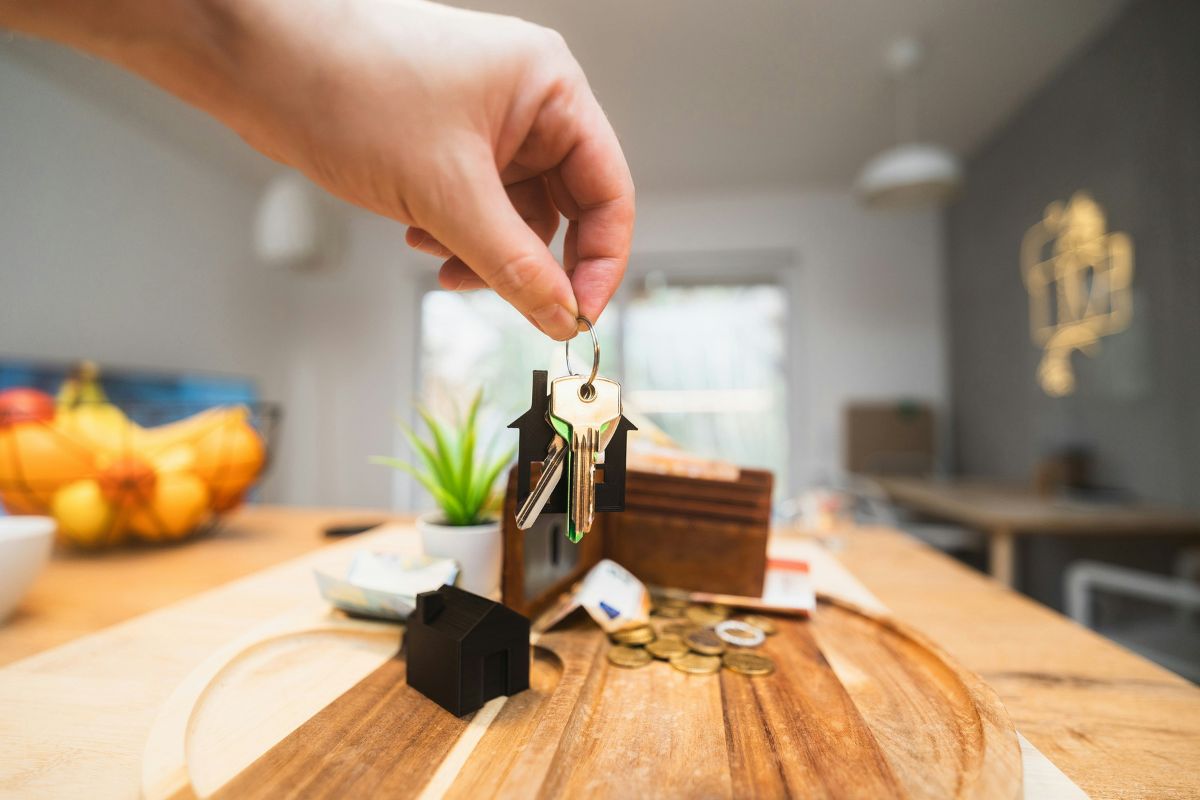Lessons from Depressions of the Past
Nathan Birch has often talked about a global financial depression. The uncertainty of the economy right now is a good reminder to take some lessons from financial downturns of the past. Spending less, prioritising good debt, taking on extra jobs and moving location to make life more affordable are all things that people did to make ends meet and they are things that modern citizens can consider.
Even if the economy holds up, rate rises and inflation mean people need to live within themselves more than at any time in the last decade.
Expect the unthinkable
If someone had told you that working in pubs, clubs or hotels in Australia was a risky business, because the government might close all venues down, you’d tell them they were dreaming…at least until 2020.
The queues of Australians outside Centrelink offices after the first coronavirus lockdown had lost their roles in hospitality, retail and other industries once thought safe.
The scenes were eerily reminiscent of the long queues of unemployed during the great depression in the 1930s, but the numbers were much worse back then. Unemployment peaked at 32% in 1932, and people were flat out feeding their families.
We thought those days were behind us, but what if they’re not? Pubs closed down in Australia and people not allowed to be out of their homes without one of a few acceptable excuses, was a shocking thing and it showed that the unthinkable was now possible.
The people of 1932 had to figure out how to survive on the fly. Many of their financial lessons are still relevant today.
Stash some cashflow
Families in 1932 didn’t spend the same way we did. They had no credit cards, new cars, state of the art appliances or lavish holidays. They scrimped and saved everything and that wasn’t even enough to save some people from the great depression.
It’s still crucial to have access to funds for rainy days, but inflation and (still) low interest rates means stashing cash is no longer a good strategy.
Instead, make sure unencumbered equity in your home or investment properties is available to you in case you need it. Constantly negotiate better interest rates from lenders and use the extra cash to pay down more of your debt and free up equity.
New debt must only be good debt
Credit cards weren’t introduced in Australia until the 1970s, but people still had debt from banks, retailers and other lenders when the depression struck.
Australia’s relationship with debt evolved as we became a society of instant gratification. Many people are now happy to spend big on credit and worry about it later. The problem is when they don’t make their payments on time and end up stuck paying off massive amounts of interest on their debt.
But not all debt is bad. With interest rates on loans so low, accumulating assets like property is a great way to future proof your funds. Tax deductible interest attached to an asset that appreciates in value over time and returns a rental income is good debt.
My kitchen rules
We were all forced to eat at home when cafes and restaurants were closed down, but now they are back open for business (the ones that survived anyway), they have a new, inflation-charged price list.
Suddenly, you’re spending $30 plus on a café breakfast you could make at home for less than $5. That’s a potential $25 saving in just one meal. Say you saved $100 a week, that’s $5000 a year extra in your pocket, or preferably paying down your debt and creating equity.
And if eating eggs on toast at home sounds like a tough life, spare a thought for the 1932 Aussies eating bread and gravy for dinner or nothing at all.
Remote control
The depression saw many forced to move to where they could find work or afford housing.
Covid saw a lot of people relocating to more affordable areas once they realised they could do their jobs remotely. Imagine how much money was saved on transport costs like tolls, Opal cards, petrol and parking.
Many employers are now wanting staff to return to head office, at least 3 days a week, but there are still some savings to be made.
Odd jobs
Depression-era folk who were recently unemployed soon found themselves undertaking all sorts of manual tasks for anyone who could afford to pay them.
It was an early form of the gig economy: one-off payments for chopping wood, digging holes, or fixing things.
Nowadays we have money making opportunities on platforms like Airtasker, as well as ways to turn assets like storage or parking spaces, unused cars and spare rooms into income.



